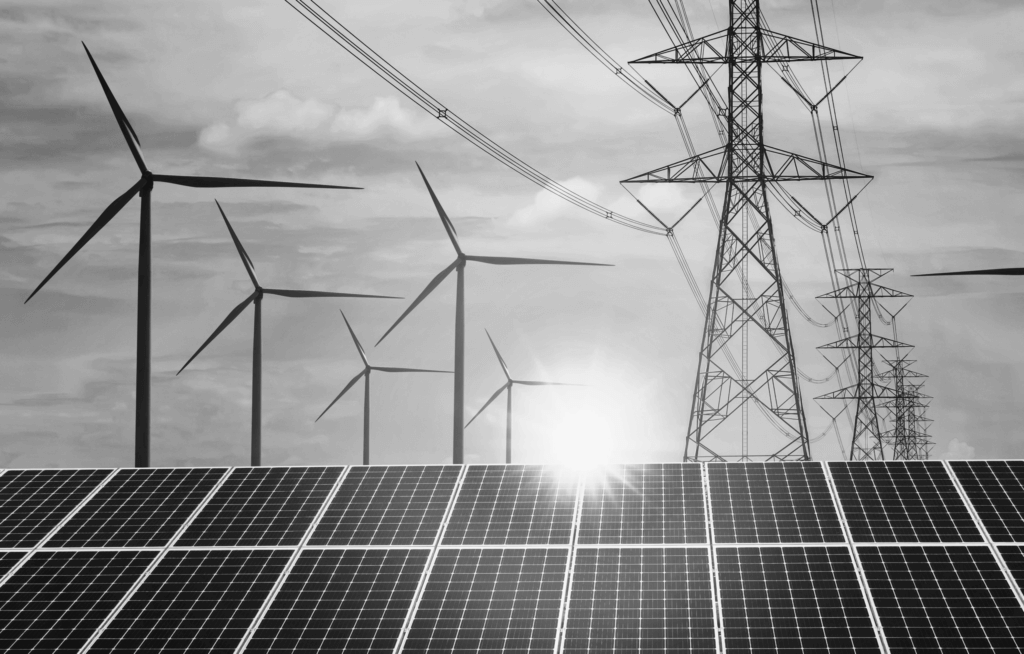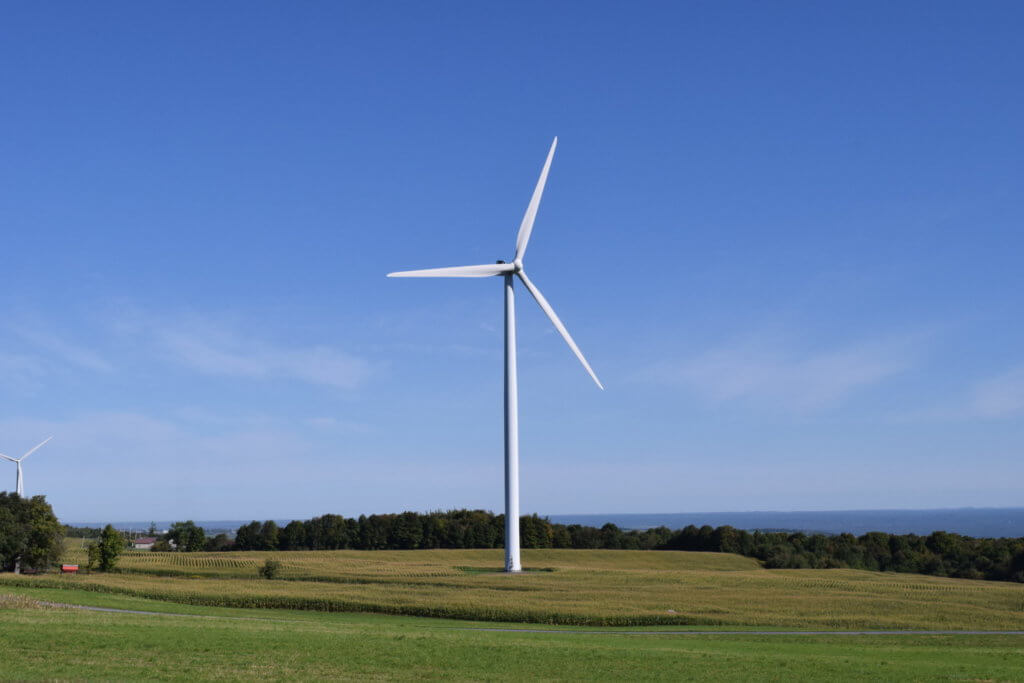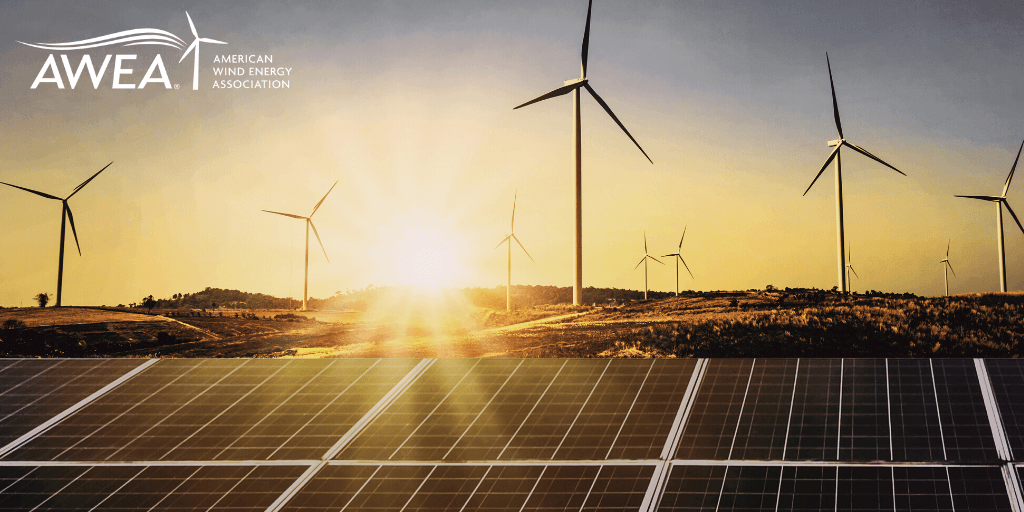Fact check: Fox fumbles on wind contracts in Pacific Northwest
FoxNews.com carried a story late last week on a contract dispute between the Bonneville Power Administration (BPA) and wind farms in the Pacific Northwest. The story erred on a central issue of the disagreement: when is a contract binding? Here is our perspective:
On March 6, the Bonneville Power Administration (BPA) filed a "draft Oversupply Management Protocol" with the Federal Energy Regulatory Commission (FERC), which oversees operation of the electric transmission system throughout the U.S. The filing was in response to a unanimous ruling December 7, 2011, from FERC ordering BPA to halt discriminatory practices on its electricity transmission system and to file an open access transmission tariff.
BPA's March 6 filing would allow BPA to continue to unilaterally violate its contracts, which hurts wind power development in the Northwest. FERC criticized BPA for trying to make changes to its contracts when it did not have the power to do so. In making that ruling, FERC was doing its job and making the right decision: ensuring that BPA, a federal agency that dominates the Northwest transmission system and hydro generation, does not unfairly tilt the field in favor of its own power generation over others. BPA’s decision to unilaterally alter contracts to the detriment of private companies, has already created uncertainty among potential investors in Northwest wind projects.
Wind energy companies, like all other businesses in America, depend on signed contracts to attract investment and build projects. In the Pacific Northwest, they have been very successful–Oregon has seen $5.4 billion worth of wind investment, and Washington nearly $8 billion. This translates to thousands of jobs, domestic manufacturing, much-needed construction work, and billions in tax revenues for rural counties' schools, fire departments, and social services. While other industries shipped U.S. jobs overseas during the recession, wind and renewable industries created news ones and brought vitality to rural Northwest communities.
Non-discriminatory operation of the electric transmission system keeps costs down for consumers and businesses across the Northwest. BPA’s curtailment proposal forces lower-priced power off the system in order to favor BPA’s own federal resources over power from the private sector. This discrimination in favor of BPA power sources violates the law and ultimately creates higher prices for consumers.
Wind generators would not be the only ones to benefit even when their electricity is not used. Fossil (i.e., coal and gas) generators will have an economic incentive to shut down because Bonneville will give them free federal hydropower to meet their contract obligations, which will allow them to conserve their own fuel to generate power later, thus saving on their fuel costs.
Over-generation on the BPA system is a system-wide issue, and is not caused by wind generators. Other contributing factors low demand for electricity due to the sluggish economy, excess hydropower, and limitations under the Endangered Species Act that, according to Bonneville, limit its ability to spill water over dams rather than use it to generate power.
It’s important for energy consumers across the region that all parties collaborate to find a workable solution for this issue. Hydro and wind can certainly coexist, with proper management. There is too much at stake for the region to pit energy sources against one another and play favorites.



